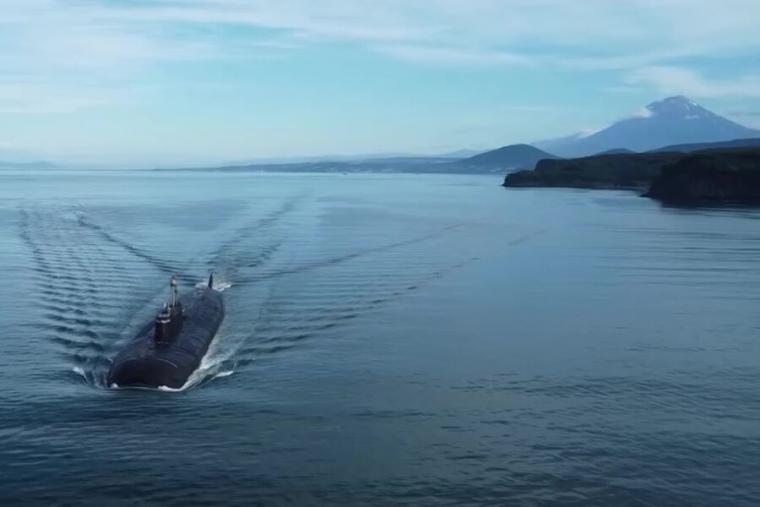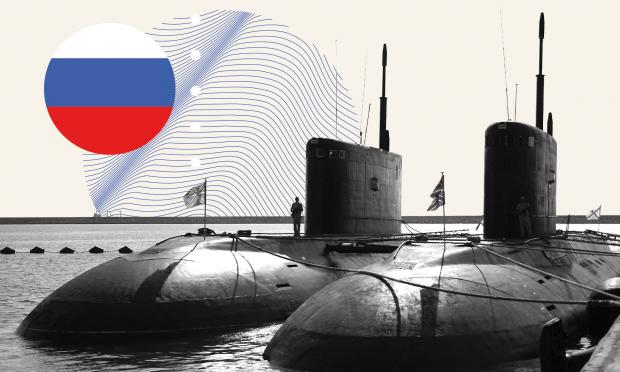NATO is increasingly cautious about the Russian underwater fleet, because of its ability to destroy and harm critical infrastructure. In the West, they believe that Moscow can use submarines to hit critical infrastructure - internet cables, pipelines and other communications on the seabed.
According to a prestigious medium, experts note that Russia's potential in this area give it an "asymmetric advantage", while seriously concerned about the accumulation of the Russian submarine fleet.
"In recent years, Moscow has built a series of underwater capable of reaching the most important goals in the US or mainland Europe. And now NATO members are increasingly sounding the alarm for Vladimir Putin's submarine fleet activities, "they say.
The Russian Navy has one of the most flexible submarine fleets in the world. In the unlikely case of a full -scale world war, Russian nuclear weapons submarines could carry out general nuclear deterrence, while conventional armed ships will be used to deal with the enemy in other areas.

Michael Peterson, director of RMSI, an American research center studying Russia's military capabilities at sea, said that possible attacks on underwater critical infrastructure around the world is a very serious and justified threat.
"For at least ten years, Russia has significantly developed the means of wage war on the seabed. Most of them are in the so -called Gugi, that is, in the main department of deep seas of the Russian Ministry of Defense (deals with the training of Navy Special Forces underwater forces, "Peterson said.
According to him, the seafarers, the seafarers, who perform the most complex and important tasks for Russia's national security. Peterson said that in the Gugi arsenal there is, for example, the only Belgorod nuclear submarine, which is the carrier of the Drone Poseidon (submarine nuclear torpedoes).
Some other submarines are capable of mounting either listening or explosives in objects, such as deep sea cables at the bottom of the ocean. Gugi has all the potential to conduct espionage, manage escalation, or simply wage a war with great damage to the enemy.
"Can you imagine what would happen if the Russians cut the transatlantic internet cables? It would have a huge financial impact and would also seriously limit communications between the United States and mainland Europe. And Russia has such opportunities and are very important, "the director of the detailed center warned.
Speaking of a possible immediate military conflict between Russia and NATO, Peterson expressed the view that the main theater of business would be on land. However, he recalls that the military doctrine of the Russian Federation implies the challenge of the greatest strategic damage to the enemy. And the use of the underwater fleet here gives Moscow an advantage.

Sabotage at critical infrastructure is a relatively new type of military activity. And this is one of those areas in which Russia feels its advantage. For example, the blows to stable infrastructure facilities in Ukraine using Russian Air Force and Navy.
In conclusion, Peterson argues that the risk level of Russian submarines is now as large as it was during the Cold War. "We have reason to believe that Russian nuclear submarines are growing in such a way as to control the US, the Mediterranean and other regional regions of Europe. Such actions were typical for the Soviet submarine fleet during the Cold War, "he concluded.



